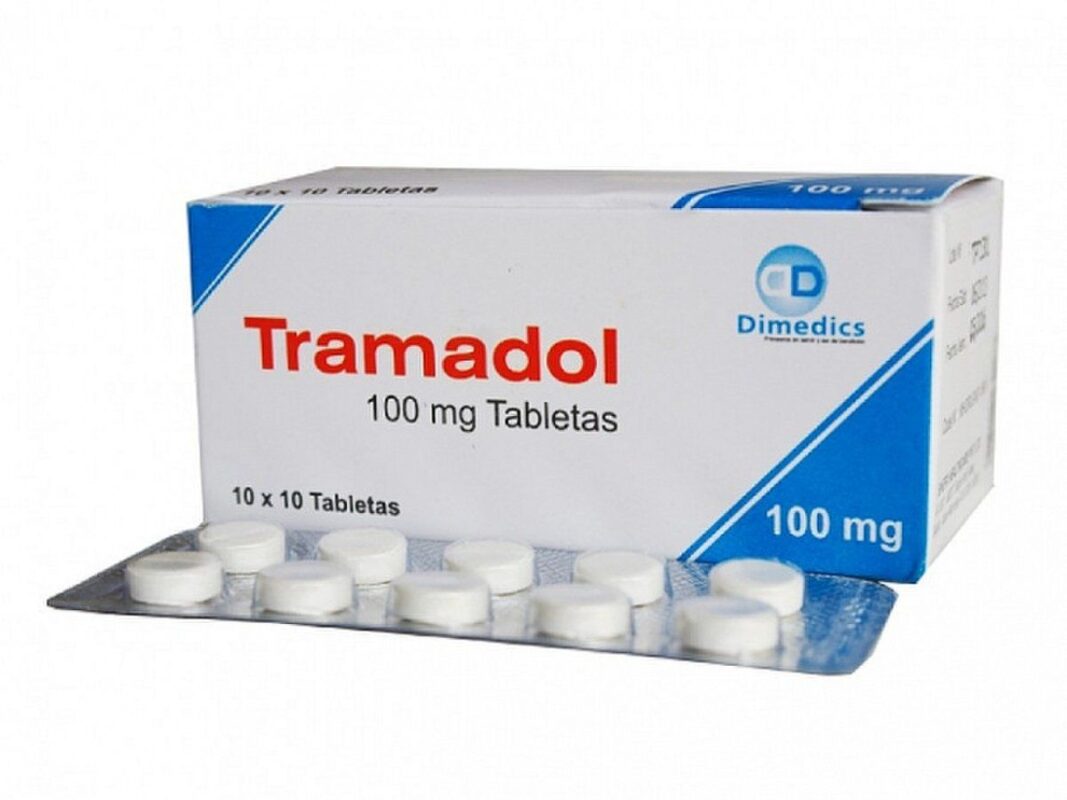Uncategorized
Is 100mg of Tramadol Safe? A Comprehensive Guide
Is 100mg of Tramadol Safe, Tramadol is a prescription medication commonly used to manage moderate to moderately severe pain. If you’ve been prescribed 100mg of Tramadol, you might be wondering about its safety, particularly regarding dosage, potential side effects, and interactions with other medications. This blog post will explore these factors to help you understand whether 100mg of Tramadol is safe for you.
Understanding Tramadol
Tramadol is classified as an opioid analgesic, but it has a unique mechanism of action. It not only binds to the brain’s opioid receptors to alleviate pain but also inhibits the reuptake of neurotransmitters like serotonin and norepinephrine. This dual action makes it effective for various types of pain, including nerve pain.
Is 100mg of Tramadol Safe?
The safety of 100mg of Tramadol depends on several factors, including your overall health, any pre-existing medical conditions, and whether you are taking other medications. Here are some considerations:
- Doctor’s Prescription: Always take Tramadol exactly as prescribed by your healthcare provider. A dosage of 100mg may be appropriate for some patients, but it may be too high for others, particularly those who are new to the medication or have not taken opioids before.
- Maximum Daily Dose: The maximum recommended daily dose for Tramadol is 400mg. This means that taking 100mg is generally considered safe if you follow your doctor’s instructions and do not exceed this limit. However, for those with a lower tolerance or sensitivity to opioids, starting with a lower dose, such as 50mg, may be more appropriate.
- Potential Side Effects: Common side effects of Tramadol include dizziness, drowsiness, nausea, constipation, and headaches. For most people, these side effects are manageable and may decrease over time. However, some individuals may experience more severe side effects, such as:
- Respiratory Depression: High doses of Tramadol can depress breathing, which can be dangerous. This is particularly a concern for individuals with pre-existing respiratory conditions like asthma or COPD.
- Seizures: Tramadol has been associated with an increased risk of seizures, especially when taken in higher doses or combined with other medications that lower the seizure threshold.
- Serotonin Syndrome: Because Tramadol affects serotonin levels, combining it with other medications that influence serotonin (like certain antidepressants) can lead to serotonin syndrome, a potentially life-threatening condition.
- Interactions with Other Medications: Tramadol can interact with various medications, including other opioids, sedatives, antidepressants, and certain over-the-counter drugs. Always inform your healthcare provider about all medications you are taking to avoid dangerous interactions.
- Personal Health History: Individual health factors play a crucial role in the safety of taking 100mg of Tramadol. Those with a history of substance abuse, liver or kidney disease, or other chronic health issues should use caution. Tramadol can also be risky for pregnant or breastfeeding women, as it can affect the baby.
When to Seek Medical Attention
While many people can take 100mg of Tramadol safely, it’s important to monitor how your body reacts to the medication. Seek immediate medical attention if you experience:
- Difficulty breathing or shortness of breath
- Severe dizziness or fainting
- A seizure
- Rash, itching, or swelling (indicative of an allergic reaction)
- Symptoms of serotonin syndrome, such as rapid heart rate, hallucinations, loss of coordination, or severe agitation
Conclusion
100mg of Tramadol can be safe for many individuals when used correctly and under medical supervision. However, safety depends on your unique health circumstances, any underlying medical conditions, and the medications you are taking. Always follow your healthcare provider’s instructions and keep an open line of communication about your health and any side effects you may experience.
If you have concerns about taking Tramadol or its safety for your specific situation, don’t hesitate to reach out to your healthcare provider for personalized guidance. With careful monitoring and responsible use, Tramadol can be an effective tool for managing pain.

